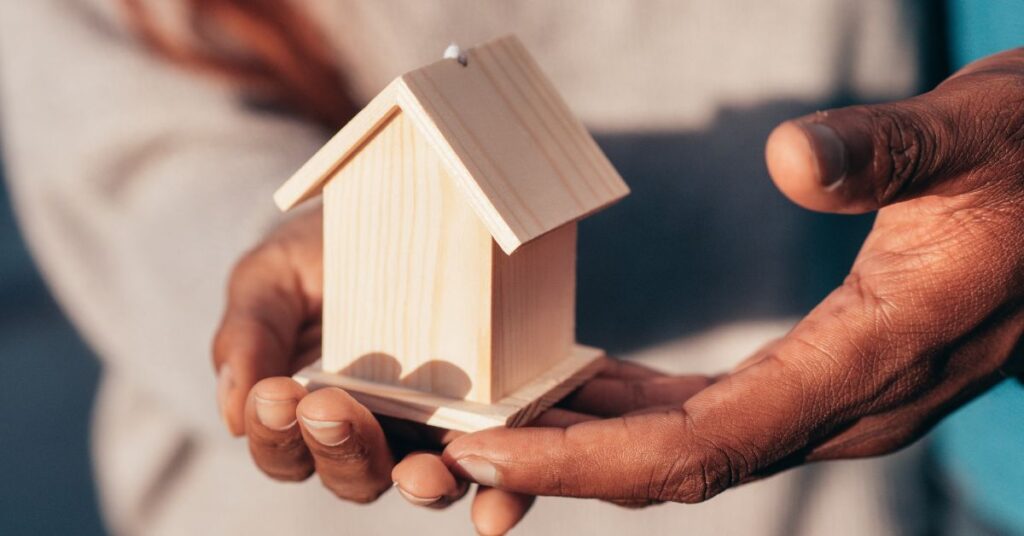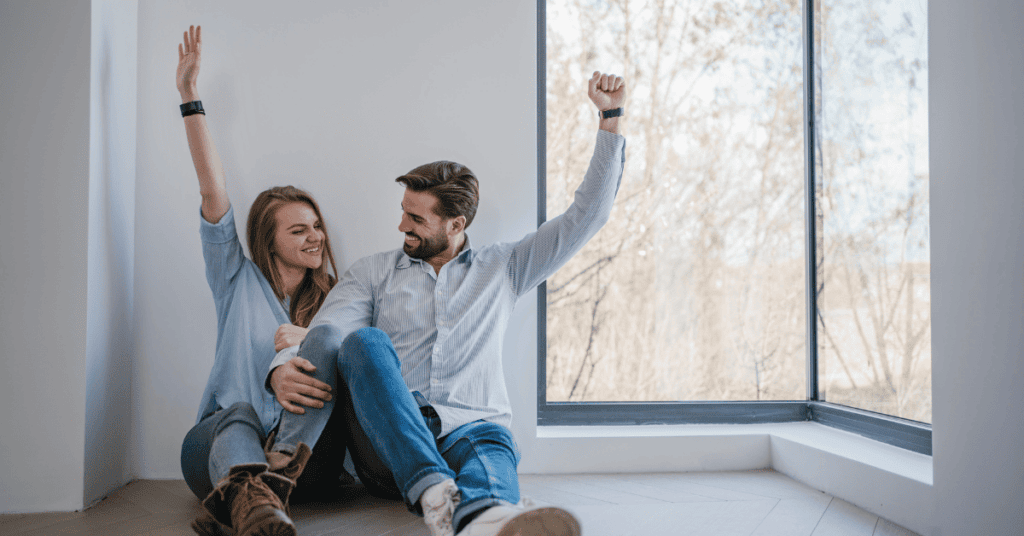Get Expert Financing
- Matched with investor-friendly lenders
- Fast pre-approvals-no W2s required
- Financing options fro rentals, BRRRR, STRs
- Scale your portfolio with confidence
Millions of people either own or want to buy second homes. If you’re looking to buy one, there’s a lot to think about. Beyond the appeal of the property as a place to enjoy, there are also significant financial considerations – both good and bad. Carefully consider the pros and cons of buying a second home before actually going through with it.
If need be, spend some time in the surrounding community, and maybe even rent a house for a while, so that you can get a better idea if it’s really the right choice for you.
In the meantime, consider the following pros and cons.
There are tremendous benefits to buying a second home, some emotional, and some financial.
A place to enjoy. It’s likely that your primary motivation in buying a second home is because you’ve located a community, and maybe even a property, where you would like to spend a lot more time, short of actually living there. It could be the recreational amenities located in the community, such as beaches, mountains, local cultural attractions, or even important tourist centers. And it can also be the qualities of the house itself.
In this way, a second home can function as a retreat – that is, the place where you go to “recharge your batteries” and to enjoy some of the finer things in life. That can include spending more uncluttered time with family and friends. It’s almost impossible to put a price on any of those advantages.
A potential retirement home. For many people, owning a second home serves as a dress rehearsal for retirement. For example, let’s say that you’re planning to retire in 10 or 15 years. As part of that plan, you expect to sell your current primary residence and to downsize to a smaller, less expensive home. Purchasing a second home can give you an opportunity to gradually acclimate yourself to both the new home and a new location.
By the time retirement arrives, making a move to your second home on a full-time basis will be far less traumatic. Not only will you have grown comfortable with the home and the community, but it’s also likely that you will have made friends in the area, which will make the transition more appealing on an emotional level.
A long-term investment. This is best described by example. Let’s say that your primary residence is worth $250,000, and you reasonably expect the value of the property to double in the next 15 years, to $500,000. If you were to purchase a second home for $150,000, that property might increase in value to $300,000 over the same timeframe.
At that point, instead of having a $500,000 investment in your home, you will instead have $800,000 invested in two properties. In that way, owning a second home can serve as a way to leverage your real estate investment, but also to do it in a way that provides you with recreational enjoyment of the property as the years pass. That’s a double win no matter how you look at!
A source of rental income. In many vacation locations, particularly beaches and ski resorts, it’s often possible to earn substantial rental income on a second home. That rental income may even cover the entire cost of keeping the home on an annual basis, or at least come close enough to it so as to reduce the financial burden of having the property.
An additional tax deduction. Even if you don’t ever earn any rental income on your second home, it can still represent a substantial income tax deduction. For example, you can write off both the full amount of the real estate taxes you pay on the property, as well as the mortgage interest that you pay on the loan used to purchase it.
That tax deduction may not completely offset the cost of owning a second home, but it can reduce it to the point where it’s a lot easier to manage.
As exciting as it can be to purchase a second home, there are downsides that you should consider before buying. If any apply to you, or might apply to you, you’ll have to think long and hard if a second home is the right investment for you and your family.
A second home is a MAJOR purchase. It’s one thing to purchase a second car, a recreational vehicle or a widescreen TV. But a second home is an enormous purchase. If it is located in a popular vacation destination, it may cost more to buy than your primary residence. Depending on your financial situation, buying a second home could be life altering, in a way that isn’t so pleasant.
An additional (major) expense. With the high cost of purchasing a second home comes a high carrying cost. Not only will you have another mortgage payment, but you’ll also have real estate taxes and insurance. And homeowners insurance can be particularly expensive in the locations that second homes are typically found in, like beaches. The potential for flood damage and hurricanes and typhoons can cause a homeowners insurance policy to run in the thousands of dollars.
And apart from regular carrying costs, there will also be repairs and maintenance, and often, homeowner’s association dues. There may also be expenses specific to the location of the home, such as special weather treatments to deal with heavy winds or snowstorms.
It could reduce your ability to make other investments. The money that you invest in a second home – as well as the carrying costs to maintain it – will mean that you will have less cash available for other purposes. Some of those other purposes you will have difficulty funding can include paying off debt and saving money for investing. On the investing side, that can include less money to invest for retirement, or for your children’s college educations.
A second home is one of those major purchases that you need to be able to easily afford. That is, you need to be able to comfortably balance carrying your primary residence, your second home, and saving and investing money for the future.
Vacation homes don’t always rise in value. While the long-term trend of real estate values has trended higher across the country, areas where second homes are concentrated can go through long periods of flat or declining values.
This is because vacation type properties often fall sooner and faster than homes in owner-occupied areas. Since vacation homes are hardly a necessity, potential buyers pull back on purchasing them when the economic outlook gets blurry. The result can be a drop in property values that could last for several years.
This is why a second home must be purchased as a truly long-term investment. There will be ups and downs in the value of the home, and the real financial payoff only comes after owning the property for many years.
You may not use it as much as you expect. Many people buy expensive “toys” but find that they hardly use them once they do. The purchase of the home itself can be the main driver. But once you own it, the desire to use it as much as originally planned can wane.
This can be especially true if you discover another area that you want to frequent, but only after buying the second home. For example, you may purchase a second home in a beach community, then discover that you love snow skiing. That might motivate you to spend more time (and money) in the mountains where you can ski, rather than on the beach where your second home is located.
If you are considering buying a second home, be sure you understand the reasons you are buying one – as well as the potential negatives that may come with it.
Our advice is based on experience in the mortgage industry and we are dedicated to helping you achieve your goal of owning a home. We may receive compensation from partner banks when you view mortgage rates listed on our website.

